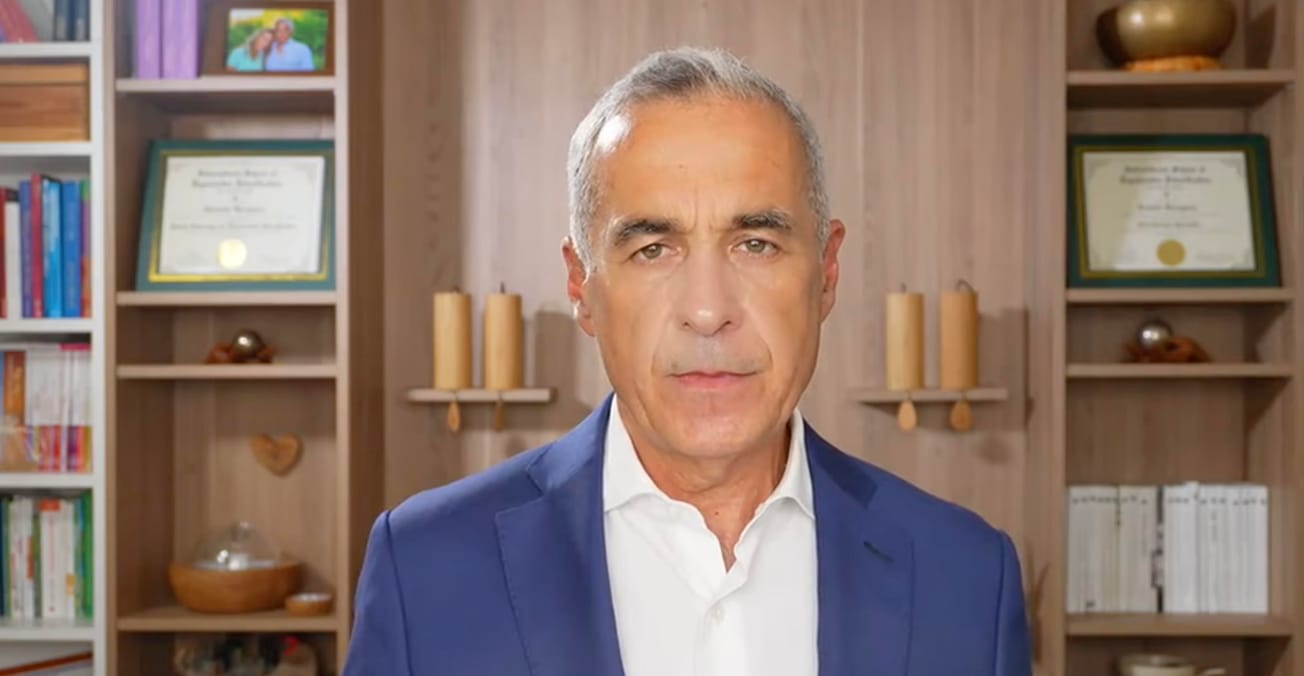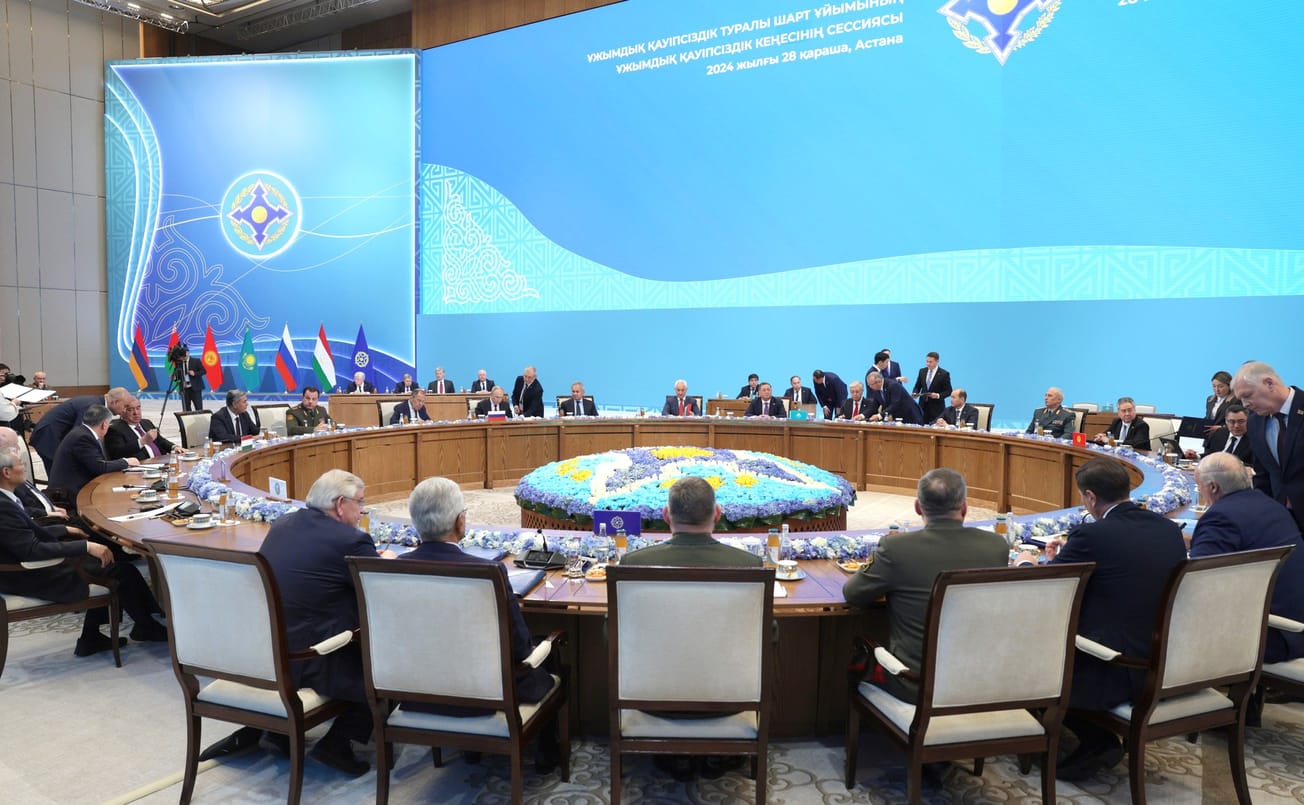Reiterated proposals by France, Poland, Hungary and other nations to have the EU Commission ban price speculation at the energy spot markets were rejected at recent EU summits, with the arguments that to interfere with the “freedom” of the marketplace would be in conflict with Europe’s basic rules. As a result, energy prices, particularly for natural gas, have continued to rise. One leading price driver is the CO2 certificate, the cost of which has increased from €30 to €74 per ton in the course of the past months.
The German Potsdam Institute of Climate Consequences Research (PIK) has now presented a proposal to ostensibly ease the impact of price increases: a team around PIK economist Michael Pahle explicitly acknowledges that investment funds and banks can be price drivers, but offers hedging against rising prices as a market-compatible “solution.”
The ostensible “balance” between market forces and hedging shall be monitored and controlled by a new agency–just what everybody needs!—operating on the EU level, the PIK proposes. Previous hedging practices at the markets have, however, shown that nowhere has speculation been tamed; instead, hedging has grown with the speculative bubble.




